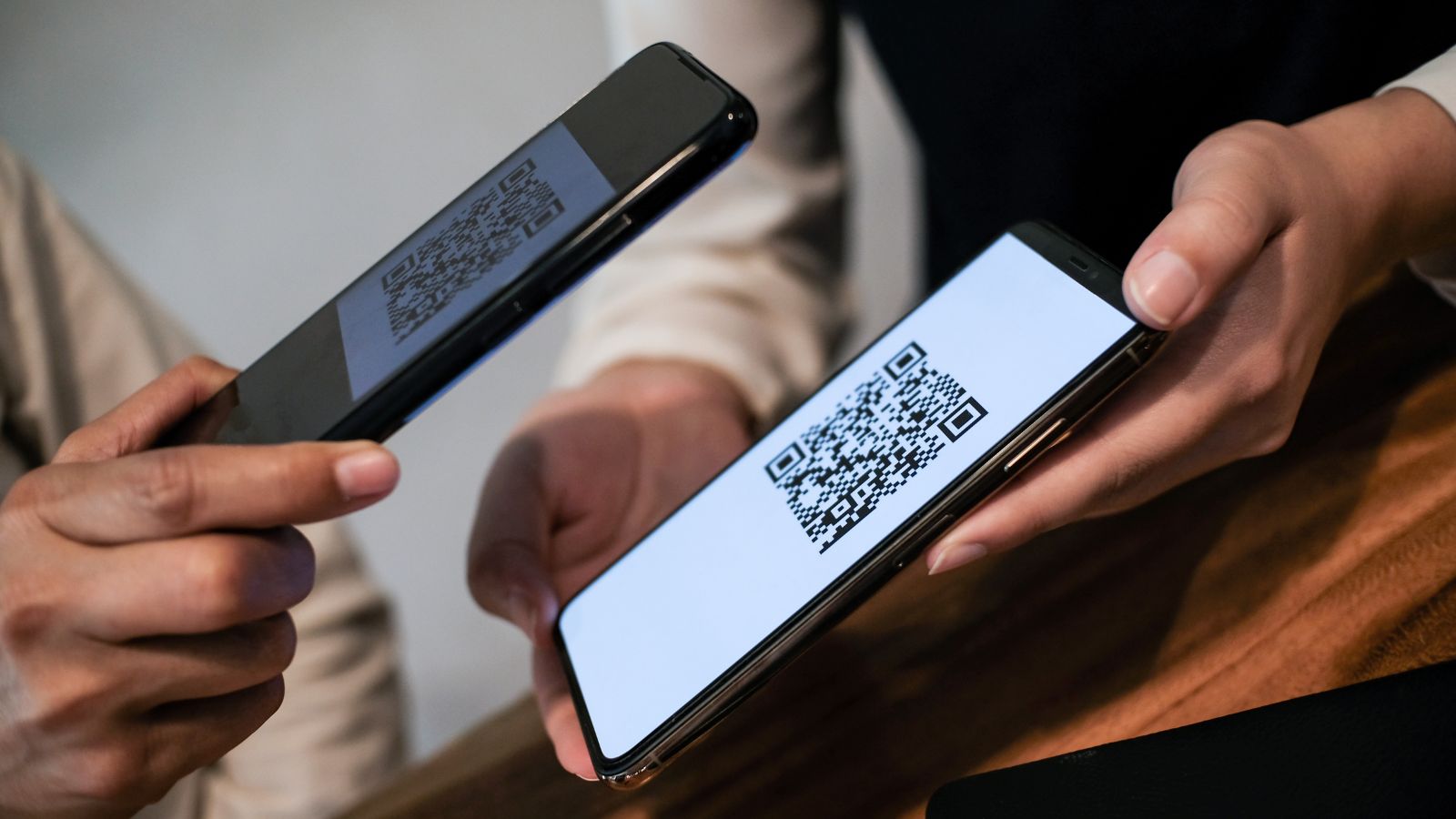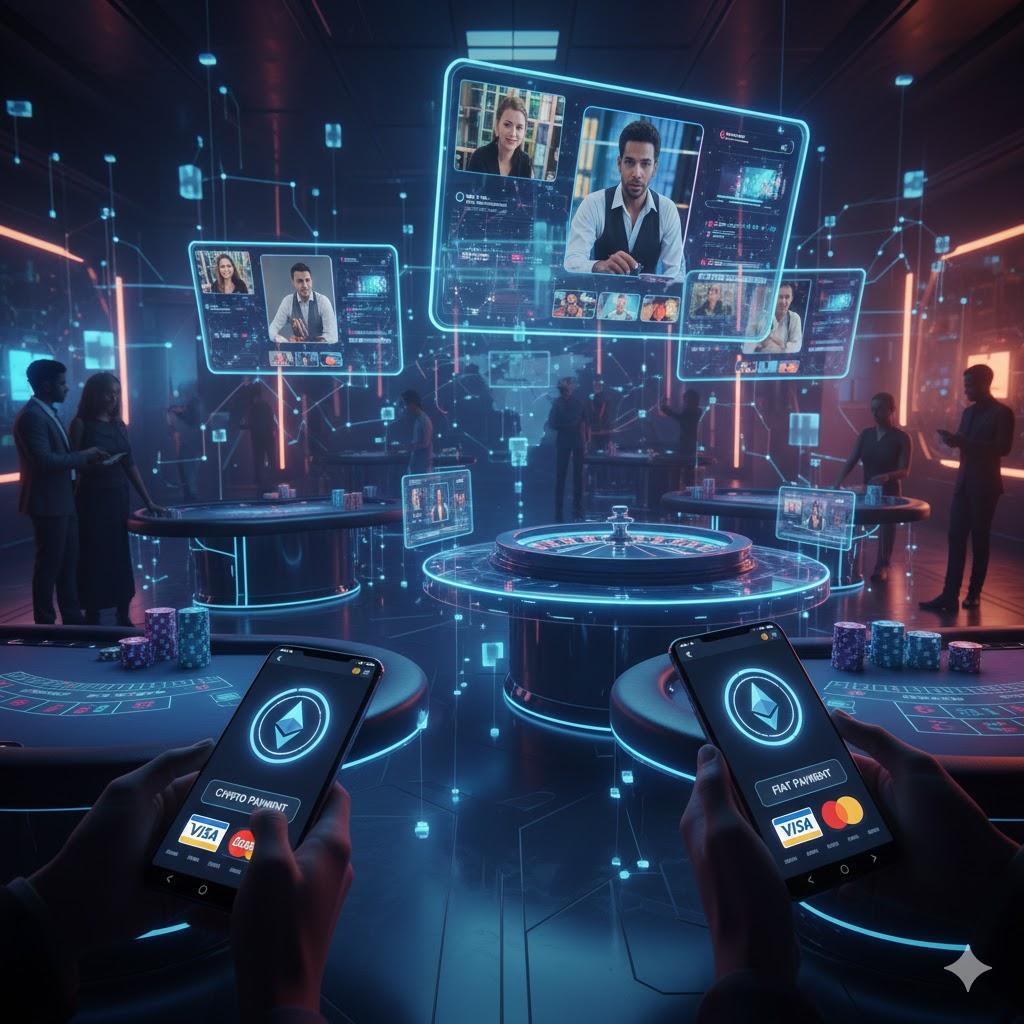In gaming, small details often shape how players connect with a world. One of those details is the QR code — something that can link a real object to digital content with a single scan. Game studios and event organizers increasingly use them to manage items, distribute updates, or track community participation. Many teams start by testing a simple QR code generator subscription setup to see how these codes can fit into their systems, and then expand their use as they realize how well they can sync with gaming platforms.
As games grow into large digital ecosystems, QR codes are becoming a bridge between physical events, online content, and live data. They can support item redemption systems, connect players to limited offers, and feed information back into dashboards without disrupting gameplay.
Table of Contents
ToggleWhere QR Codes Fit in Game Development
For developers, QR codes are more than quick links — they are identifiers that tie physical or external objects to the inner logic of a game. Using a QR code generator allows teams to tag collectible merchandise, test builds, or player passes so they can trigger actions when scanned.
ME-QR is an international platform for generating, managing, and analyzing QR codes, and it’s often chosen by studios that need a structured system rather than just one-off codes. It supports dynamic QR codes, which means that the target content behind a code can be changed without having to reprint it. That flexibility matters when a code printed on a card or toy might later need to point to a new server or event page.
ME-QR also offers built-in scan analytics that record location, time, and device data from each scan. That information helps game teams understand how players interact with physical items or event passes. It includes mass creation of QR codes, which lets developers generate hundreds of codes for a large player event or collector campaign.

Through API integrations, ME-QR can be connected to game backend systems so new codes are created automatically and linked to user accounts. This mix of automation, analytics, and design control makes ME-QR a reliable QR code generator online choice for studios building connected systems around their games.
Technical Uses of QR Codes in Gaming
When games incorporate QR codes, they usually use them as part of wider digital workflows rather than isolated links. Here are some of the ways developers use QR generator tools behind the scenes:
- player gear tracking — linking physical merchandise or accessories to user accounts;
- beta build access — creating secure codes for test versions or internal tools;
- live event rewards — scanning badges or tickets to unlock in-game bonuses;
- content rotation — updating what a code leads to as seasons or campaigns change;
- system monitoring — collecting scan data to see when and where players engage.
These tasks rely on consistent and secure systems. A free QR code generator that supports automation can make them much easier to handle, especially when working with thousands of players at once. The right QR code maker turns simple scannable symbols into parts of a complex infrastructure.
Why Gaming Needs Structured QR Systems
The growing use of QRcode tools in gaming shows how these small patterns can shape the flow of digital experiences. A small studio might make QR code stickers for game merch that link to bonus downloads. A competitive tournament could create QR code badges for players, updating the linked content between rounds. Even virtual stores inside games can connect physical codes on packaging to in-game rewards by using a QR code creator integrated with their backend.
What starts as a quick way to generate QR code free links can grow into a QR code generator free online system tied deeply into a studio’s infrastructure. That’s why developers look for more than just a QR maker — they want a QRcode generator that can grow as their audience does.

Wayne is a unique blend of gamer and coder, a character as colorful and complex as the worlds he explores and the programs he crafts. With a sharp wit and a knack for unraveling the most tangled lines of code, he navigates the realms of pixels and Python with equal enthusiasm. His stories aren’t just about victories and bugs; they’re about the journey, the unexpected laughs, and the shared triumphs. Wayne’s approach to gaming and programming isn’t just a hobby, it’s a way of life that encourages curiosity, persistence, and, above all, finding joy in every keystroke and every quest.



